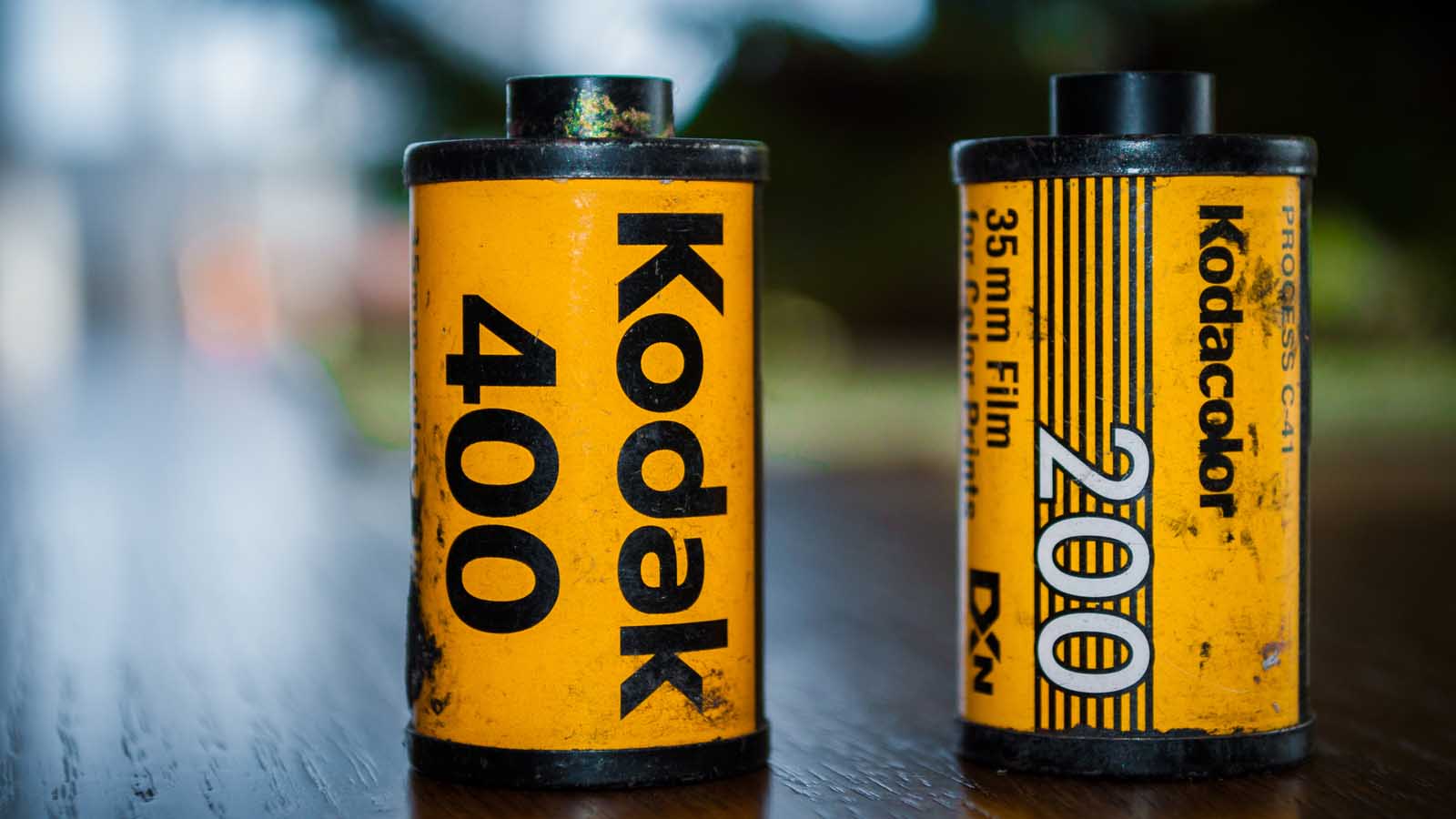The story of Eastman Kodak Co. (NYSE:KODK) reads like a poor imitation of a Stephen King novel. In this case, though, the tale is non-fiction, and man is it a dud. Under the company’s leadership, KODK stock has become a penny-stock tenant.

That’s not a good place to be. Traders may make opportunistic moves for marginal gains but investors look elsewhere.
Serious investors should look elsewhere. Despite its storied history, today’s Kodak isn’t worth your time – or your money.
KODK stock has become a bad horror story that borders on farce, such as becoming a pharma company developing a drug to fight the novel coronavirus.
Yes, that was management’s storyline. So while optimists hope for a happy ending, remember that hope is not a sound investing strategy.
A Look at KODK Stock
As a company, Kodak has been around a long time.
It was founded in Rochester, New York, in 1888. The was a wide-ranging innovator best recognized for its iconic film.
For many years, this film was a cornerstone to help us record key moments of our lives. They were called Kodak moments. It was memorialized in pop music and was relied upon with confidence.
But the world marches on. Competition is fierce and, these days, technology is evolving quickly with very disruptive effects. Digital photography made the film obsolete.
Ironically, Kodak made the first hand-held digital camera but the company stumbled in anticipating and then adapting to the landmark change.
In 2004, the company was taken off the Dow Jones Industrial Average, where it had been listed for 74 years. Kodak’s decline continued and it was dropped from the S&P 500 index in 2010.
Eastman Kodak filed Chapter 11 bankruptcy at the start of 2012, beginning a process that lasted about 1.5 years. The company that emerged was vastly different.
Kodak sold most of its patents and ended many of its operations. Now, it is primarily involved in commercial printing.
The company now has a market cap of about $545 million. The stock’s 52-week low is a pitiful $1.50, while its high in the last year is $60.
The Pandemic Spike
KODK was languishing in the lower realms of penny stocks until this past July, when the shares suddenly soared on news the company was vying to be a player in the Covid-19 pharma sweepstakes.
This unlikely turn of events saw the company lobby hard for a massive federal loan – $765 million – that was some six times more than the company’s value at the time.
The stock went from $2.62 per share on July 27 to $60 just two days later. A burst of insider trading activity and vesting also took place.
Shares currently trade around $7.
Obviously, the market is not buying Kodak’s story.
I’m not alone in this harsh assessment of the company’s stock. Consider an interesting article by my InvestorPlace colleague Will Ashworth. On Nov. 2, he included Kodak as one of the top five dumbest investments of 2020.
Ashworth describes the company’s actions as “razzle dazzle.” Some investors bought into it. And that’s unfortunate.
InvestorPlace’s Matt McCall, who advocates avoiding KODK stock altogether, asserts the company’s actions are “ridiculous.” Quite rightly, he says, “We are investors, not gamblers.”
The Bottom Line
Kodak’s decline is not unique, but the company’s recent behavior is. At best, it was a desperate attempt to pivot during the Covid-19 pandemic or at worst a ham-handed effort to take advantage.
There are indications could be something in between.
The coronavirus outbreak is indeed a major disruptive event. Smart companies will evaluate unexpected events, like the pandemic, for negative impacts.
They also will seek opportunity. A bit of creativity usually doesn’t hurt, a company can’t sit still for long.
Executives with foresight have a vision for the future. But it seems to me that if Kodak is going to build beyond its commercial printing activities, the company should have a real business plan and the expertise to bring it to life. That doesn’t appear to apply.
If you are thinking of buying KODK stock? I wouldn’t. If you own it, consider selling.
There are better choices available.
On the date of publication, Larry Sullivan did not have (either directly or indirectly) any positions in any of the securities mentioned in this article.
Larry Sullivan is a veteran journalist in Florida who has covered banking and finance for several years. He is a former investing editor at U.S. News & World Report in Washington D.C.
